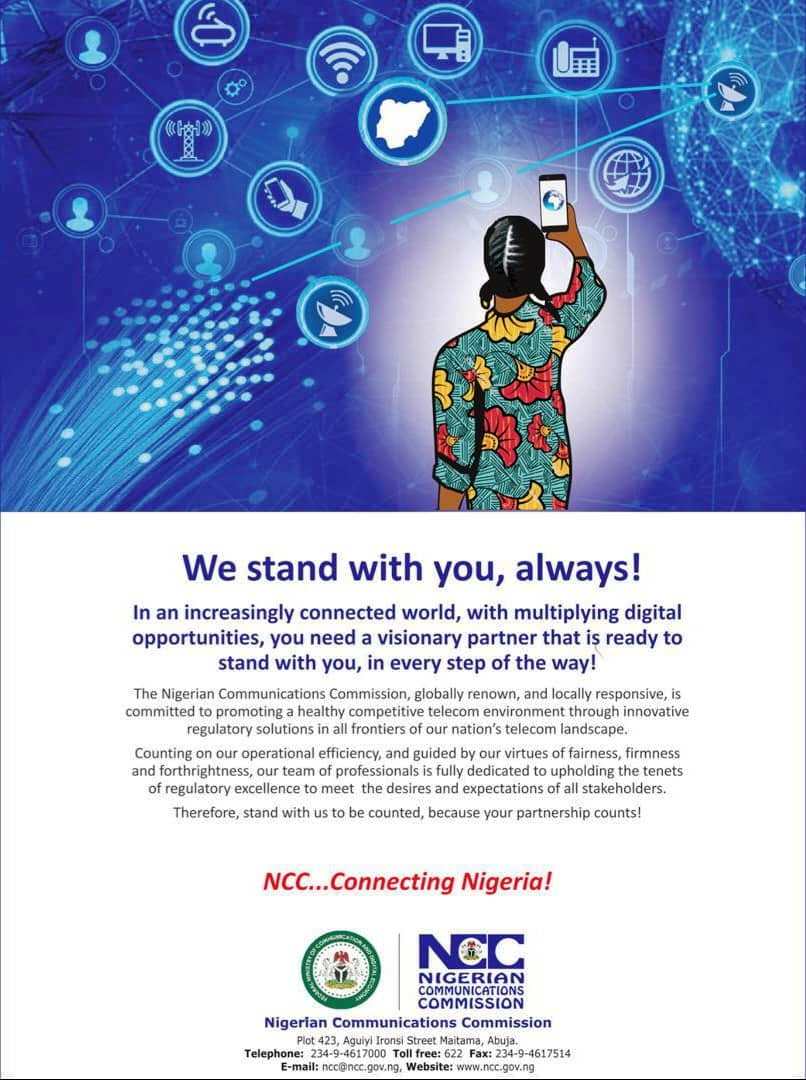CBN Champions Open Banking for Inclusive, Competitive Financial Ecosystem
At the 2025 Nigeria Fintech Week in Lagos, the Central Bank of Nigeria (CBN) reaffirmed its support for Open Banking, calling it a cornerstone of the country’s evolving digital financial landscape.
RELATED: How AI and Open Banking are About to change everything for Fintechs (and You!)
Delivering the keynote address, CBN Governor, Mr. Olayemi Cardoso, represented by Opemi Yusuf, Director of Payment System Supervision, said Open Banking would foster innovation, competition, and financial inclusion — ensuring customers benefit from secure, tailored financial services.
“Open Banking will redefine how financial institutions and fintechs collaborate. Our approach is to balance innovation with oversight, ensuring that technology drives inclusion without compromising trust and security,” Cardoso said.
Balancing Innovation, Trust, and Security
The CBN emphasized that as Nigeria advances toward a cashless economy, maintaining trust in the payment system remains crucial. Cardoso noted that innovation loses its meaning if consumers lack confidence in the safety of their money or data.
He also highlighted the importance of collaboration among regulators, innovators, and communities to expand digital access. “Technology alone cannot close the gap. We must combine innovation with financial literacy and trust to reach rural and underserved areas,” he added.
Open Banking: Benefits for Nigeria’s Digital Economy
1. Enhancing Competition and Innovation:
Through standardized Application Programming Interfaces (APIs), fintech startups can securely access customer-permissioned data, creating a level playing field with traditional banks. This enables the development of new tools such as budgeting apps, alternative credit scoring systems, and streamlined digital payment services.
2. Driving Financial Inclusion:
By simplifying data sharing, Open Banking enables tailored financial products for unbanked and underserved populations. Offerings like digital cooperatives, micro-loans, and mobile wallet solutions can bridge access gaps in rural areas.
3. Empowering Consumers:
At its core, Open Banking gives consumers control over their financial data, requiring explicit consent for sharing. This fosters transparency and allows individuals to access diverse, competitive financial products.
4. Improving Efficiency and Service Delivery:
Standardized APIs also enhance data exchange and processing speed, improving payment systems, financial planning, and operational efficiency across the ecosystem.
Nigeria’s Open Banking Framework: The Road to Full Implementation
The CBN introduced the Regulatory Framework for Open Banking in 2021 and followed up with Operational Guidelines in 2023. The initiative, though being rolled out in phases, continues to gain momentum as financial institutions and fintechs invest in required infrastructure.
Key components include:
- A risk-based data access model for managing permissions.
- The Open Banking Registry (OBR) — a CBN-managed directory of all licensed participants.
- Alignment with the Nigeria Data Protection Act (NDPA) 2023, ensuring privacy and security compliance.
Cybersecurity: A Non-Negotiable Priority
The CBN cautioned banks and fintechs against underestimating cybersecurity threats associated with data sharing. Cardoso urged heavy investments in cybersecurity infrastructure and the standardization of APIs to prevent vulnerabilities.
He stressed, “The foundation of progress must remain trust. Without security and transparency, innovation cannot thrive.”
A Collaborative Path Forward
The CBN’s endorsement of Open Banking signals a unified vision for Nigeria’s digital financial future — one that harmonizes innovation, regulation, and inclusion. The initiative is expected to accelerate digital payments adoption, boost financial literacy, and strengthen Nigeria’s fintech leadership in Africa.

































